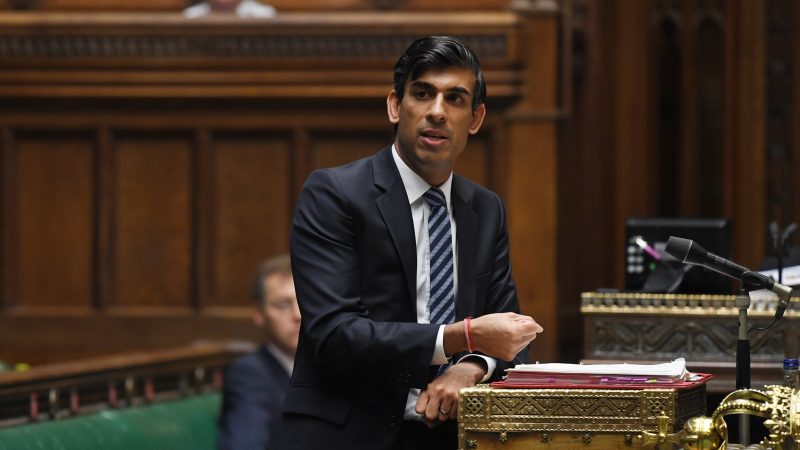
Labour MP Richard Burgon has called on the government to increase taxes for the top 1% of earners to aid the country’s efforts to meet its targets for reducing greenhouse gas emissions and to ensure a just climate transition.
Ahead of a parliamentary debate taking place today, the left-wing Labour MP has submitted an amendment to the Budget delivered by Rishi Sunak last week urging ministers to raise income tax on those earning over £150,000 from 45% to 50%.
“If we are to hit key climate targets then we will need to tackle the high-polluting lifestyles of the wealthy elites that are fueling the climate crisis. We need widespread reform to our tax system to tackle the damaging over-consumption, frequent flying, and use of gas-guzzling vehicles by the very wealthiest people,” Burgon said.
“Everybody must play their part in driving down emissions. But to be a just transition, it’s only right that the very richest who have caused the greatest climate damage pay the greatest share.”
The current ‘additional’ rate of income tax of 45% is paid on income over £150,000 per year. HMRC has estimated that there will be 440,000 additional rate taxpayers in 2021-22, which would represent around 1.4% of the 32.2 million income tax payers.
The Chancellor delivered the Budget and spending review last week. Sunak has been criticised for committing only £1.5bn in new investment in public transport while reducing taxes on domestic flights, announcing £21bn for roads and freezing the duty on fossil fuels used by cars for the 12th consecutive year.
MPs will debate the Budget this afternoon as world leaders gather in Glasgow for COP26. Boris Johnson told the BBC this morning that the world is at “one minute to midnight” in terms of taking steps to avert the climate emergency.
He called on international leaders to move from “aspiration to action” to reduce emissions and slow global warming, but he also commented last week that the chances of success at the UN climate conference are “six out of ten”.
G20 leaders, meeting over the weekend, did not agree to ending the use of coal in their own countries as hoped. They instead agreed only to ending their financing of coal power abroad. They also agreed to reach a target of net-zero carbon emissions “by or around mid-century”, rather than by 2050.
“We need to halve global emissions by 2030, not rely on vague plans for three decades time. The jury is firmly out on whether there is a real shift in any way equal to the scale of the climate emergency. COP26 will deliver the verdict. It’s time for climate delivery not more climate delay,” Ed Miliband said.
The government’s climate change advisors criticised ministers earlier this year for allowing a new coal mine in Cumbria. Johnson said today that he is “not in favour of more coal” but that the decision is one for the local planning authority to make.
Persuading nations to phase out coal is one of the central goals the UK government has set for the conference in an effort to realise the target set by the 2015 Paris agreement to limit average temperatures rising more than 2°C, and preferably to 1.5°C, when compared to pre-industrial averages.
World leaders started arriving at the venue in Glasgow, which has officially become UN territory, ahead of the summit’s opening at midday. They will later make statements setting out what their countries are doing on climate change.



More from LabourList
‘History and poll leads suggest Labour can be bolder, even if it costs some votes’
Labour warned ‘ethical foreign policy’ inevitably sparks charge of ‘hypocrisy’
Sarwar: ‘Humza Yousaf’s leadership is in tailspin. The time for change has come’